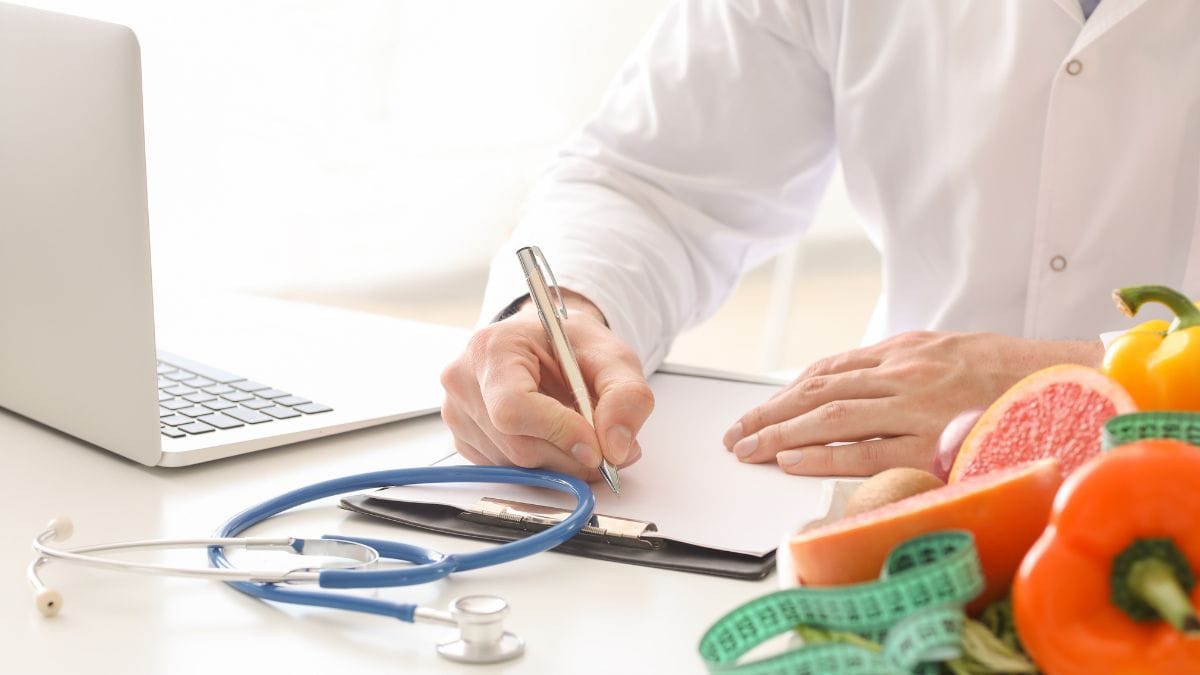Is Beetroot Good for Low Blood Pressure? (Expert Answer)
Short Answer: Beetroot is good for low blood pressure. Because it has dietary nitrates and they can help lower blood pressure. Low blood pressure is a condition that affects your circulatory system. In low blood pressure, your body experiences a reduction in the force at which blood is pushed against the walls of your arteries. This can lead to various health problems, such as dizziness, fainting, and an increased risk of falls. One of the key factors in managing low blood pressure is diet. What you consume can affect your blood volume and vessel dilation, which can impact your low blood pressure symptoms and overall health. To effectively manage low blood pressure, you should consume sodium and vitamin-rich foods like salted nuts, olives, and canned soups and avoid low-sodium rich foods like unsalted snacks, low-sodium prepared meals, and fresh fruits with high water content. Now, beetroot is a root vegetable. People usually eat it cooked, pickled, or drink its juice. Beetroot is good for low blood pressure because it contains dietary nitrates. Dietary nitrates are converted into nitric oxide in the body, which helps to dilate blood vessels and improve blood flow. One cup (136 grams) of boiled beetroot can give you approximately 4% of your daily potassium needs, 6% of your daily magnesium needs, and a significant amount of dietary nitrates. Dietary nitrates can positively affect low blood pressure by helping to lower it. Potassium can help regulate heart rhythm and muscle function, which is beneficial for those with
